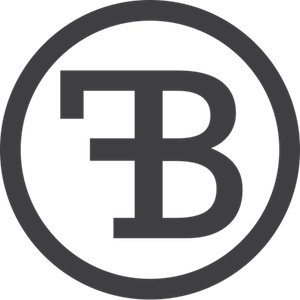Finnish fact checking project Faktabaari fixed over 40 false EU facts
In the months running up to the European elections the Faktabaari (direct translation: Fact bar), a fact checking project run by volunteers, corrected over 40 false facts about the European Union. These false facts were voiced by politicians, election candidates as well as the media.
Of all the facts checked only five were accurate, and three were somewhere in between. One particularly inaccurate story contained nine errors.
Faktabaari opened for business in early April. It was able to point out the false facts circulating in public, and force election candidates and the media to correct their claims.
The web-based Faktabaari monitored the public election discussion and by the eve of the polling day had checked more than 60 claims about the EU.
Faktabaari coordinator Mikko Salo states that the fact checking project was well worth it.
“The knowledge that the argumentation of politicians and the media is under scrutiny may have kept the election discussion more factual than what we feared. As soon as we discovered a false fact the social media ran with the story.” Salo explains.
“The ultimate goal of our project was to boost the factual content of societal discussion and thereby promote decision making based on actual facts.”
Even though the discussion this year appeared more matter-of-fact, Salo says misconceptions still appeared.
Faktabaari had to address multiple previously busted EU myths and remind the public that the European Union does not ban sauna stoves or mega-trucks, the frying of doughnuts in institutional kitchens, the refilling of olive oil bottles, self-baked cakes in day care centres, fishing from the pier, growing herbs or washing laundry in water temperatures higher than 20 degrees Celcius.
False claims were published not only by the evening papers, but were voiced also by some respected media companies.
Faktabaari manager Salo feared that politicians or lobbyists would try to use Faktabaari to further their own politics. This fear was proven unnecessary however, as such attempts were made only by a handful of candidates and their agents.
** Financing for Faktabaari**
According to manager Salo the next step for the Fact bar is to obtain financing to allow the fact checking project to continue in Finland.
“One key issue highlighted by Faktabaari is that fact checking is completely missing from Finnish media.” Salo states.
The European election -project got some technical financing from NGO targeted government programme. The content work happened solely on pro bono basis. Transparency of the financing is vital, as it is commonly agreed that there is no such thing as neutral money. Multiple sources of financing would boost the project’s independence.
Faktabaari organised a summary seminar on Wednesday 28 May when the future of fact checking was discussed, too. Faktabaari is running for the European Public Communication Award 2014.
Facts (25.5.2014):
- 22,000 different visitors on the site www.faktabaari.fi (over 50,000 page loads after April first.)
- 1,180 Facebook likes
- Number of visitors on the Fact bar website and the Fact bar Facebook page 500-1,000 per day (average 700)
- 850 followers on Twitter
More information from Faktabaari coordinator Mikko Salo, tel: +358 40 5565050
toimitus@faktabaari.fi www.faktabaari.fi twitter.com/faktabaari facebook.com/faktabaari

